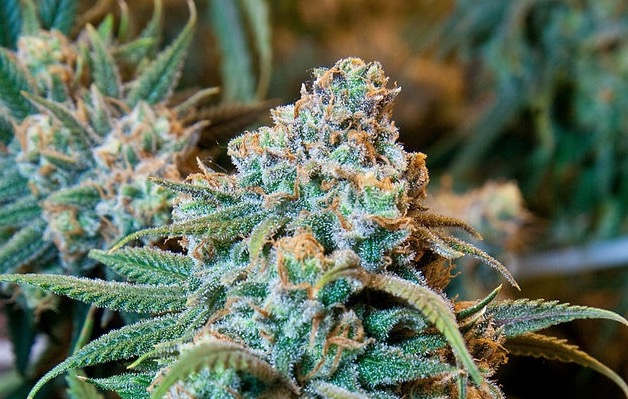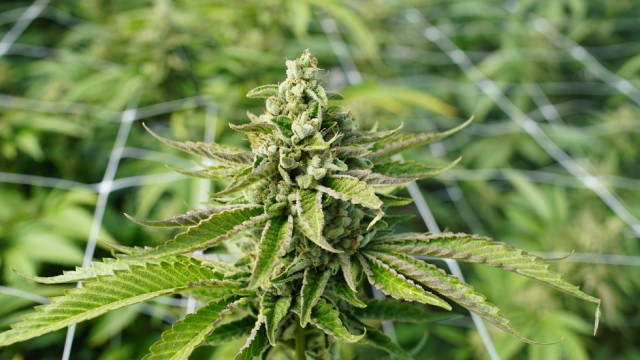In April of 2016 the Denver Post was seeking a reporter for the marijuana beat — someone who could report on the business of pot, dig up the latest in cannabis cuisine, and do the occasional “gear review” of products the DEA would undoubtedly consider to be drug paraphernalia.
But there was a catch: Even in Colorado, where marijuana is legal, the reporter would have to pass a drug test.
Drug testing is fairly common for media positions, as I discovered when I came to The Washington Post in 2014 (spoiler alert: I passed). The Post tests all new hires — journalists or otherwise — but it doesn’t conduct screenings of current employees.
Drug tests in media strike many observers as odd, given that reporters typically don’t do the things traditionally associated with workplace drug testing, like operating heavy machinery or driving buses full of schoolchildren.
The issue has bugged Tom Angell, chairman of the pro-legalization group Marijuana Majority and himself a cannabis journalist for massroots.com, for years.
“Some news organizations’ desire to check the content of journalists’ urine before they are allowed to byline stories is frankly bizarre,” he said in an interview. “No one is saying employers need to accommodate workplace drug use, but whether or not a reporter decides to consume cannabis at home at the end of a stressful day of digging up the truth has nothing to do with their ability to keep readers informed.”
Angell wanted to know what the average American thought about the issue. So his group commissioned a national survey, administered by SurveyUSA, that posed the following question:
“Many newspapers, including the New York Times and The Washington Post, require journalists to submit to drug testing for marijuana use, even if marijuana use is legal where the journalist lives. Should journalists be able to use marijuana in states where it is legal to do so? Or should newspapers punish journalists who use marijuana?”
Fully half of Americans said that journalists should be able to use marijuana where it’s legal to do so. Thirty-five percent, on the other hand, said newspapers should “punish” journalists who use pot — perhaps a surprisingly low number, given the current amount of distrust of the media.
Another 15 percent weren’t sure either way.
These numbers may need to be taken with a grain of kif salt. Marijuana polling tends to be highly sensitive to question wording, meaning that slightly different questions can sometimes result in drastically different results. It’s hard to tell if that’s the case here, because as far as I’m aware this question has never been asked before. That’s what makes this survey so interesting.
At the moment it’s unclear whether journalists are more likely than the people they cover to smoke weed.
There are signs that newsrooms are evolving on the issue. The Denver Post just recently dropped its drug testing requirement for newsroom jobs after extensive internal lobbying by Ricardo Baca, the former editor of the Cannabist, the paper’s specialty marijuana news site.
Last year, The Post announced at an internal town hall that it was reevaluating its internal drug testing procedures.
CREDIT:washingtonpost.com













